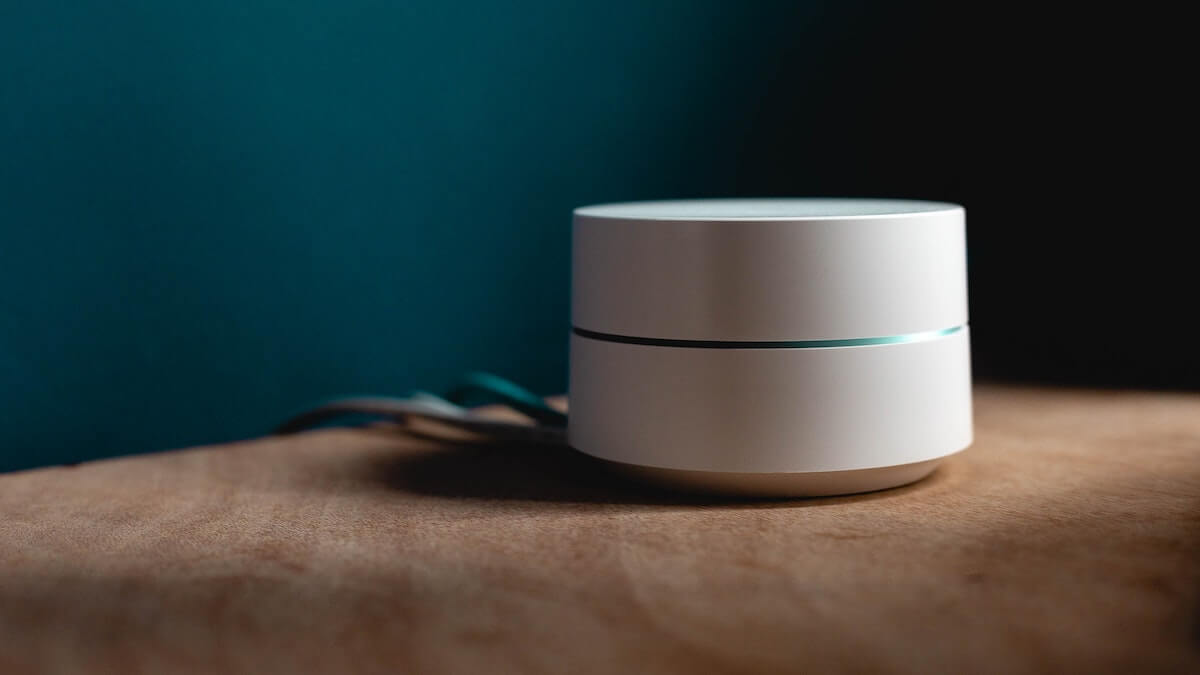Slow Internet is really annoying and there can be many reasons why your internet connection might be slow and these reasons are not known to an average user and hence, he complains all the time about a slow internet connection. As mentioned, different factors can lead to you having a slow internet connection. This may include outdated router/modem, throttling from your ISP, poor WiFi signals, or an internet plan with low bandwidth.
Confirm that it is not your device
Before you can proceed any further down to different factors that can cause a slow internet connection, you need to first make sure that there is nothing wrong with your device. To confirm that there is nothing wrong with your device, open different websites on your computer and see if all the websites open slowly or it just one particular device. If it is only one particular device then it means that there is nothing wrong on your side, however, if all of the websites are opening slowly then try opening the websites on other devices.
If all of the websites are opening slowly on your device only and on other devices they are opening just fine then it means that there is something wrong with your device only. However, if the websites are opening slowly on all the websites then there is some problem with the internet connection. If the websites are opening slow on your device only then it means that it has something running in the background that is consuming internet resources or it is affected by viruses or malware.
For this, you need to first check the programs that are running the background and see if they are using a lot of internet such as Windows Updates. Also, run a full system scan with an antivirus program of your choice to confirm that your system is free of viruses and malware.
Perform a Speed Test
A speed test is also valuable in all of the internet speed-related problems because it determines how fast your internet connection is. There are multiple speed test websites available and this takes less than a minute to be completed. When performing a speed test, make sure that any activity that uses a lot of internet such as Netflix, downloading, or any other activity is stopped to get as accurate results as possible.
After the speed test, compare the results to the speeds that you’re paying for. The results won’t be a hundred percent accurate but if the results are far from what you’re paying for then it is your ISP that is the culprit here and you need to contact your ISP regarding this.
Outdated Router/Modem
A factor that can cause an internet connection to be slower is when you have an outdated router/modem that isn’t compatible with your current internet plans. This can not only result in a slower internet connection but also results in frequent connection dropouts. An example would be ADSL2 which is not compatible with older routers/modems. In such cases, you would have to switch your router/modem or both (if both are outdated) to have a faster internet connection.
Poor WiFi Signals
Having poor WiFi signals can also lead to having a slow internet connection. The actual problem is with the signals but it seems that there are problems with your internet connection.
To fix this, adjust the position of your WiFi Router/Modem to more of a central position in your house and make sure that it is a bit elevated and away from any obstacle or electronic device that may be interfering with its signals.
If required, then you can take the help of a WiFi Booster or WiFi Ranger Extender which takes your pre-existing WiFi signals and re-transmits it by amplifying its strength.
Switching DNS Servers
Sometimes, switching DNS servers can help you because the default DNS servers provided by your ISP aren’t fast enough to process your queries, and hence, slower internet or it is that they are overloaded and can’t process all of the requests fast enough.
This can be fixed by switching over to the DNS servers provided by OpenDNS or Google Public DNS which are much faster.
Upgrade your Internet Plan
Let’s set this straight, if you have many devices in your household and they are all connected to the WiFi all the time then you will be experiencing slow internet speeds because all of the connected devices diverge some of the internet speed towards themselves and hence this will result in a weak and slower internet connection.
The only solution to this is to either reduce the number of devices that are connected to the network simultaneously (which of course, isn’t possible) or just upgrade your internet plan, a plan that has a good enough bandwidth to support all of your household devices.

